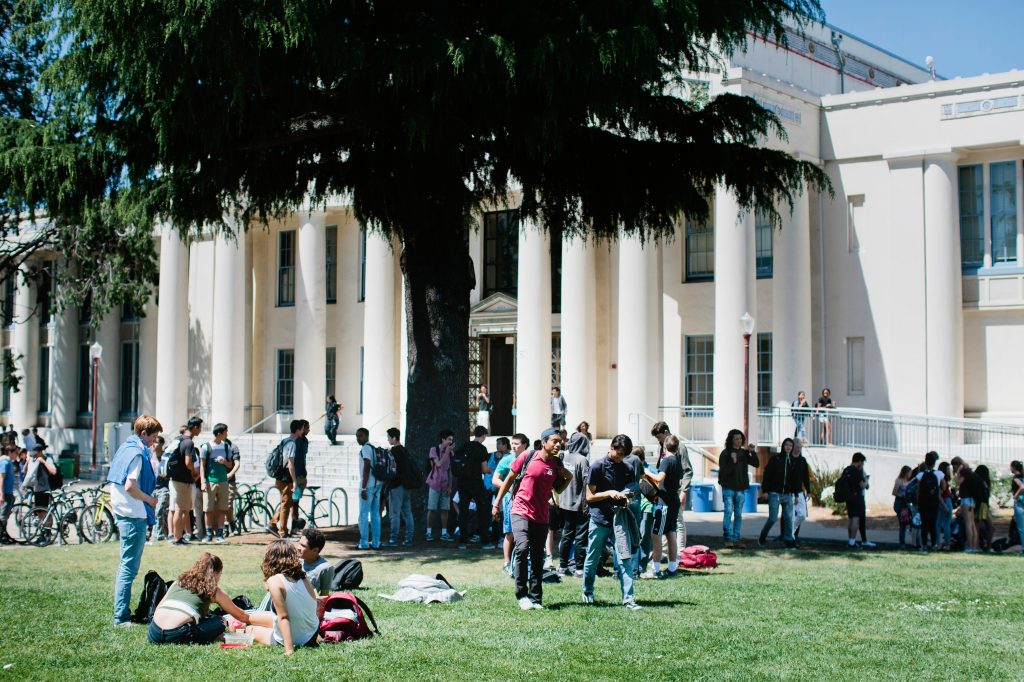
Black teachers: How to recruit them and make them stay

Lessons in higher education: What California can learn

Keeping California public university options open

Superintendents: Well-paid and walking away

The debt to degree connection

College in prison: How earning a degree can lead to a new life

June may be Pride Month but creating safe and inclusive school environments for LGBTQ (Lesbian, Gay, Bisexual, Transgender and Queer/Questioning) students, and students with LGBTQ family members, is a year-round effort.
California, as the first and only state to require that students be taught about the contributions of LGBTQ people as part of their social studies coursework, is viewed as a leader in inclusivity by advocates. Still, according to a UCLA study published in 2017, California’s LGBTQ youth, who make up 10.3 % of the public middle and high school population, report feeling less safe than their non-LGBTQ peers.
According to a survey from research firm RTI International, LGBTQ students are two to three times more likely than their peers to be physically assaulted or threatened at school, and are “in urgent need of safe and tolerant environments.” And school personnel, who may be in a position to help, often “lack the knowledge and skills to advocate for them.” The Human Rights Campaign says inclusive schools are essential: “It’s simple: students who don’t feel safe can’t focus on learning. Once students feel like they belong, they thrive academically and socially.”
The following are some of the many online training and education resources available for teachers and students.

Part-time instructors, many who work for decades off the tenure track and at a lower pay rate, have been called “apprentices to nowhere.”

A bill to mandate use of the method will not advance in the Legislature this year in the face of teachers union opposition.

Nearly a third of the 930 districts statewide that reported data had a higher rate of chronic absenteeism in 2022-23 than the year before.

The move puts the fate of AB 2222 in question, but supporters insist that there is room to negotiate changes that can help tackle the state’s literacy crisis.
Comments (1)
Comments Policy
We welcome your comments. All comments are moderated for civility, relevance and other considerations. Click here for EdSource's Comments Policy.
Danielle 7 years ago7 years ago
Every child should feel safe when they attend school in order to learn. No child’s safety should take precedence or receive “special” protection over another.